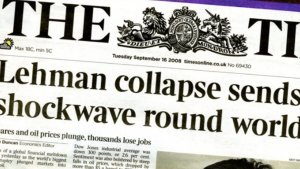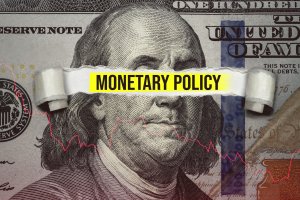Monetary policy should be guided much more by financial sector developments and much less by near-term targets for inflation.
The objective pursued by most central banks in recent decades has been a low level of inflation. Since inflation was believed to respond to changes in unemployment, this implied a primary focus on labor markets and output gaps in the “real” economy when setting monetary policy. In contrast, “financial” sector developments were thought to be of no great importance.
It is argued in this paper that monetary policy should be guided much more by financial sector developments (credit and debt) and much less by near term targets for inflation. This argument is first supported by an empirical review of the negative outcomes produced by the current policy framework; in particular, financial bubbles have created ever larger bubbles which threaten future growth prospects. A second level of support is provided through questioning the need for and the effectiveness of easy money, and through pointing out its many unintended and dangerous consequences.
An alternative monetary policy framework would begin with the observation that an economy is a complex, adaptive system like many others in nature and society. From this perspective, arguments for introducing a “narrow money” regime need more attention.



